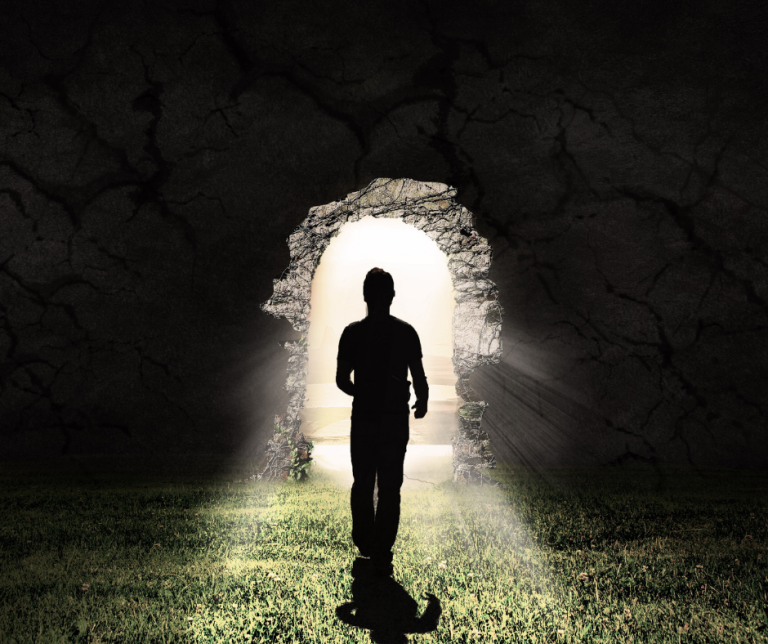Hidden homelessness: Finding hope in darkness
In conjunction with International Women’s Day 2022, City Life is highlighting exceptional and remarkable women in Chelmsford.
We interviewed Lylli Lokate, a Support Assistant at CHESS Homeless. Prior to joining the organisation as staff, Lylli was a shelter client at CHESS.
(Content warning: This story discusses suicidal feelings)

Could you tell us a bit about yourself?
I was born in London but moved to Chelmsford in 2016. Right now, I am studying for my Diploma in Social Sciences, focusing on criminology, psychology and sociology. I will start my apprenticeship with CHESS in September 2022. I am also a proud mum to a baby girl.
How did you end up becoming homeless?
My life is a massive roller coaster. I come from a broken family and my traumatic childhood has led me to years of untreated depression. But of course, at that time, I wasn’t aware of my condition and didn’t have the knowledge and vocabulary describe it, even to myself. Due to my depression, I wasn’t able to finish my college education and got myself mixed up in the wrong crowd at a young age.
In 2014, I ended up in jail for a year and a half. This experience significantly changed me and my worldview. After coming out of jail, I wanted to turn my life around – but it’s tough when you’re surrounded by the same toxic environment that got you in trouble in the first place.
At this point, things went dramatically downhill for me. I went from being a workaholic to not being able to hold down a job because of my mental health. My relationship with my family completely broke down. I was desperate to escape and jumped on the first opportunity I had.
“"I thought I was escaping for the better, but I was actually escaping into hell."
This was how I ended up homeless.
I had to sleep in my car for a couple of weeks. A friend of mine allowed me to shower and get dressed in her house but she was in a temporary accommodation so I couldn’t stay. She was the one who referred me to CHESS.
How did CHESS help you?
At CHESS, I was assigned a Support Worker who became an important part of my recovery. I struggled at first, but I stuck to regular meetings with my Support Worker and continued to attend counselling sessions to improve my mental health. I stayed in a shelter for over a year and when I became pregnant, my Support Worker and I worked on getting my own accommodation. With the encouragement and support, I have also gone on to pass my GCSE Maths and am now working towards my GCSE English.
Could you describe what it was like to be homeless?
It was tough for me to admit to myself that I am homeless. While being homeless, I was still keeping up appearances, like making sure my nails and hair gets done. I was ashamed of my situation as I grew up in a culture where people are quick to judge and asking for help is a sign of failure. But in reality, I felt secluded, alone and even had suicidal ideation. Being homeless was the lowest point of my life.
What was your perception of homeless people and how has that changed?
To be honest, I was quite ignorant about this issue. I had to work for everything I had, so I assumed homeless people are just making excuses for not trying hard enough. I know I am not alone in making this assumption. And like I said, for a long time I was ashamed for being homeless, I blamed myself for the situation I was in. Now, I see things quite differently.
“"I believe homelessness is a systemic problem. There are so many factors that causes someone be homeless, and there are so many things we could do as a society to help and intervene."
Like me, many people had a life before they become homeless. Once you put your personal biases and prejudices aside, you will realise everyone has different life experiences and struggles with different issues.
There are also many cases of “hidden homelessness” like the situation I was in, not just the rough sleepers you often see on the streets.
I believe we shouldn’t pick and choose who deserves to get help – everyone deserves a second chance and an opportunity to live with dignity.
What are your plans and hope for the future?
I definitely want to be in a position where I am actively helping people. I always had jobs within the healthcare sector and had qualified as a Healthcare Assistant. This has always been my passion. I am also planning to write a book about my real life experience as a homeless person.
The last five to six years have been the best experience for me, even though it was also the worst experience! It has taught me about life and made me realise my own strengths. Most importantly, I learnt that there is always hope, even in the darkest place.

Getting the support you need
CHESS Homeless is part of the Homelessness Forum, established by Chelmsford City Council. The charity runs a Change Programme that helps homeless single adults regain control of their lives. You can visit the CHESS website for more information.
If you are or might soon be homeless yourself, you can contact Chelmsford City Council.
If you struggle with suicidal thoughts, it is important to tell someone. You can access free, 24-hour support for suicidal thoughts from the NHS.
